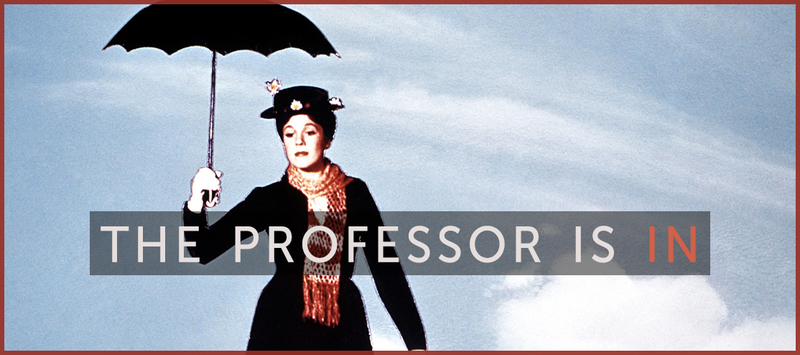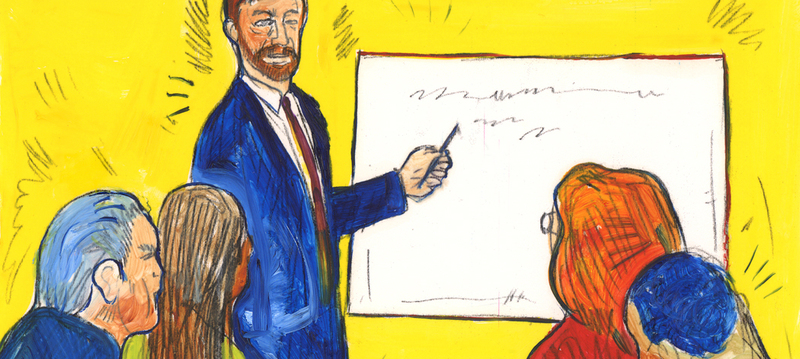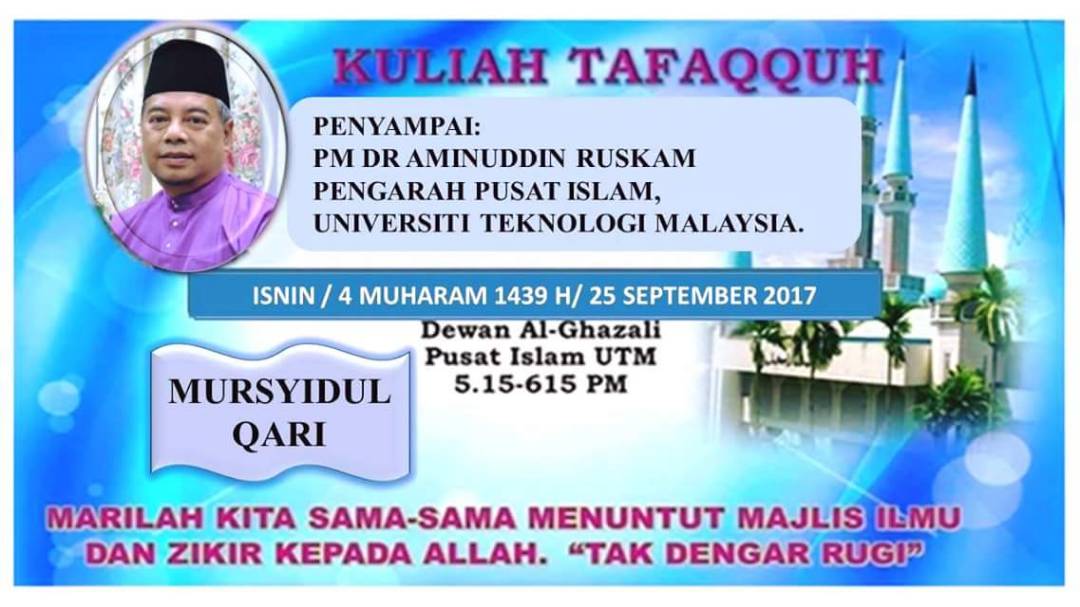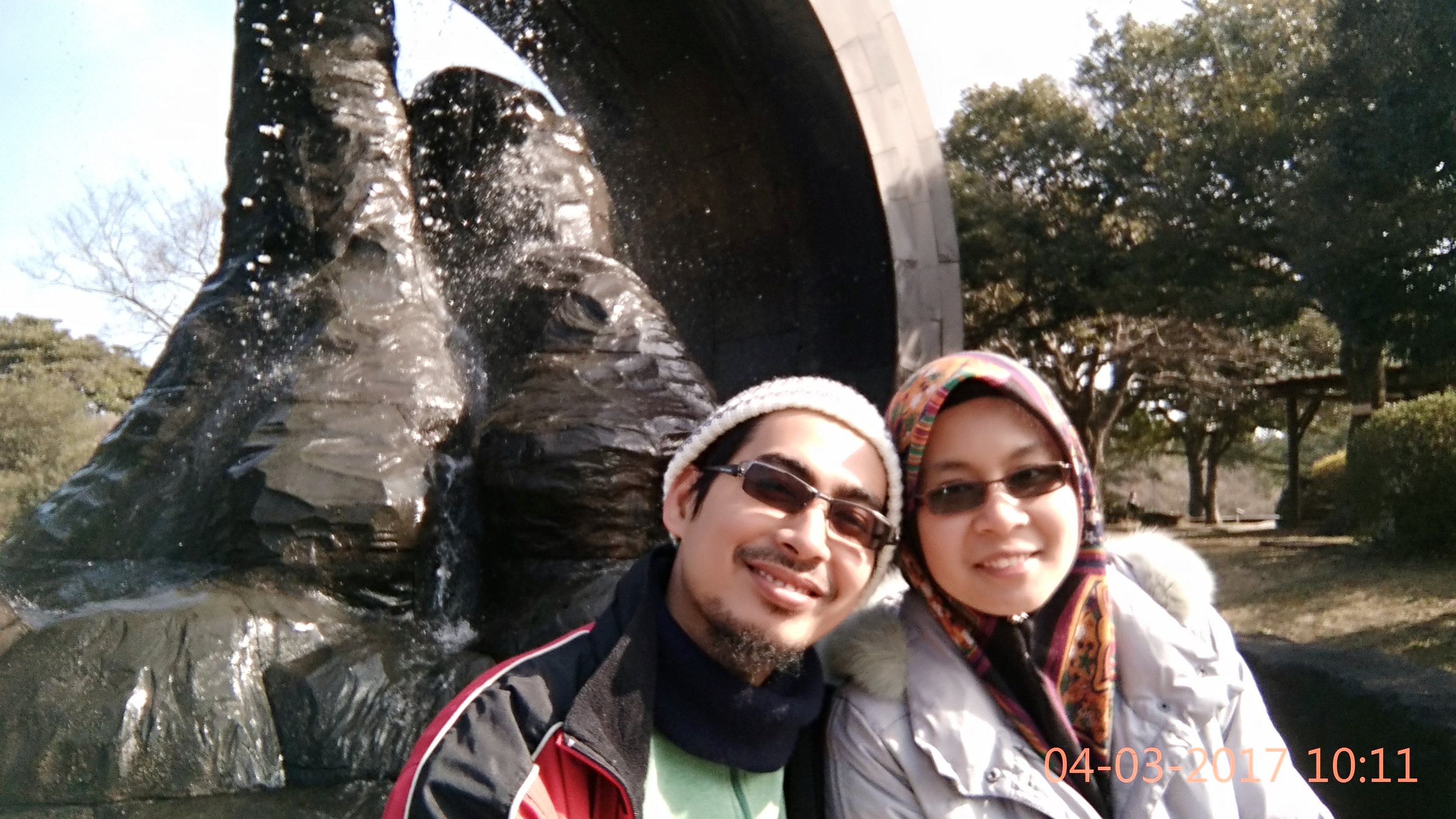UPDATE Trump says US captive in North Korea was ‘tortured beyond belief’ OttoWarmbier – http://bndl.tw/fW6tdMWy
Archives for September 2017
Bundle News – UPDATE Trump says US captive in North Korea was ‘tortured beyond belief’ OttoWarmbier
Bundle News – Cloudflare promises to protect your site from DDoS attacks for free
Cloudflare promises to protect your site from DDoS attacks for free – http://bndl.tw/GkdRpo3b
North Korea’s foreign minister: Trump has declared war on our country | World news | The Guardian
North Korea’s foreign minister: Trump has declared war on our country
Source: North Korea’s foreign minister: Trump has declared war on our country | World news | The Guardian
Thank you, Allah
Thank you, Allah

Aku bukanlah seorang yang aktif bersukan. Jogging satu round balapan pon dah mengah, apatah lagi nak hiking bagai. Tapi sekali-sekala aku ajak encik abam pergi main badminton atau pingpong. Konon-konon nak buang toksin.
Jumaat cuti umum. Komplek sukan tutup. Hari Sabtu pukul 6.15 petang, kami bertolak ke komplek sukan. Tup-tup tutup juga! Ada larian amal. Kami balik setelah round stadium sambil duduk dalam kereta. Kecewa!
Sampai rumah 6.40 petang. Sambil makan aiskrim, encik abam bagitau yang malam tu ada kuliah maghrib Ust. Dusuki. Berat! Berat sungguh rasa badan nak pergi masjid. Padahal sebelum tu bersemangat nak pergi bersukan.
Bangun, masuk bilik air, ambil wuduk..masih teragak-agak nak pergi tak. Masuk bilik, ambil telekung, mengeluh. Akhir sekali, sarung telekung, terus ajak encik abam pergi masjid walaupun dah azan Maghrib.
Sampai masjid, parking takde. Pusing cari parking, terlepas jemaah. Sabar. Masuk masjid, takde tempat nak solat, penuh orang. Sabar. Naik atas, Alhamdulillah lapang. Solat Maghrib, terus kuliah. Bunyi bergaung. Niat nak dengar kuliah, tapi tak dapat tangkap butir bicara. Mungkin sebab duduk tingkat atas.
“Ya Allah, kalau tak dapat semua, bagilah aku dapat sikit..” Doa dalam hati. Memang tak banyak aku dapat malam tu. Tapi sampai sekarang aku ingat. Ustaz sebut..
“Lumrah dunia untuk ditinggalkan, bukan untuk dikejar…”
Lantas mata bertakung air..selama ini hidup aku sedar tak sedar, mengejar dunia. Inginkan PhD, untuk dapatkan gelaran Dr., gaji besar, hidup senang. Walhal dunia ini untuk ditinggalkan. Mungkin sekejap lagi, mungkin esok lusa..
Aku pulang sambil berfikir. Rupanya Allah masih sayangkan aku. Allah ‘aturkan’ supaya kompleks sukan tutup. ‘Aturkan’ supaya aku makan aiskrim dan sejukkan hati untuk ke masjid. Allahu Allah..benarlah..Dialah yang Maha Penyayang diantara yang penyayang..
Terima kasih Allah…
source yukisukidaisuki
The Professor Is In: How to Ask ‘Smart’ Questions | ChronicleVitae

Beyond that, engaging questions can fit into the following genres. Think of them as templates of sorts and teach yourself to look for places in a talk or a paper where one of these will organically make sense.
- Clarifying questions: “On page 13, you say X implies Y. Can you say more about how one follows the other?
- Challenging questions (but be nice about how you ask): “Isn’t it possible that that passage/quote/dataset can be also interpreted in ABC way, which would imply XYZ about the larger argument?”
- Suggestions disguised as questions: “Do you happen to know the work of this obscure and/or brand-new scholar? They look at XYZ in a way that resonates with your approach. You may find it of interest.”
- Process questions (which people like because they like talking about their research):”Can you say a little bit about how you chose this particular example/case study/methodology?” (This is really a reliable fallback.)
- Intellectual-team questions: As long as you are clear on the contribution of the work to a body of theory, you can ask something like, “So, obviously your work speaks to issues in the Big Polarizing Theory Debate. How do you see your research situated in relation to XYZ aspect of this scholarly conversation?”
Source: The Professor Is In: How to Ask ‘Smart’ Questions | ChronicleVitae
Why We Hate Our Own Meetings | ChronicleVitae

Image: Brian Taylor
Why are we so angsty about meetings? At first, the possible answers to that question are obvious:
- They’re a waste of time.
- Meeting-happy administrators schedule them to make it look as if they’re doing something — anything.
- We go round and round the same point for an hour and leave the meeting no better than we were at its beginning.
- That one dude bloviates for 30 minutes about some perceived grievance that predates the rest of uS.
There’s a litany of reasons why meetings — in the eyes of most academics — suck. But if we were truly honest with ourselves, we’d realize that many, if not most, of our grievances are the products of our own choices, including the choice to not take action as well as the decisions we make about what, and how, we conduct the work of the institution.
There may not be a way to make academic meetings totally awesome all the time, for ever and ever. But there are certainly ways to make them less painful. And that is not an ignoble goal. Here are some strategies you can use to make your meetings suck as little as possible.
Thinking about calling a meeting? Consider the real reasons you’re doing so. Is there work that needs to be done collaboratively within a specific time frame? Is there important information that needs to be disseminated? Or is it just that this committee has always met every other Wednesday and, come hell or high water, will continue to do so?
If possible, include time increments for each element of your agenda (i.e., “Old Business: 15 minutes”). This is a particularly useful strategy if you have one item of business that you think will take longer than the rest and want to make sure adequate time is devoted to it.
The most precious — and egregiously finite — commodity for an academic is time. We have so much to do and a seemingly ever-shrinking pool of time in which to do it. Yet meetings are usually accepted as simply a dreary fait accompli of academic life.
Academic Ethics: Is ‘Diversity’ the Best Reason for Affirmative Action? | ChronicleVitae

Image: James Fryer for The Chronicle
Ever since the U.S. Supreme Court’s decision in the 1978 Bakke case — in which the court invalidated the racial quotas on admission at the medical school of the University of California at Davis — “diversity” has dominated American higher education’s thinking about affirmative action.
Ironically, the opinion that gave diversity that canonical status was supported by just one Justice, the late Lewis Powell, whose vote decided the case. While strict racial quotas were not permissible, universities had, in Justice Powell’s view, a compelling interest in the diversity of their student population, since that contributed to the educational experience an institution offered [more].
Source: Academic Ethics: Is ‘Diversity’ the Best Reason for Affirmative Action? | ChronicleVitae
When No One Answers the Call | ChronicleVitae

Image: iStock
By Jane S. Halonen and Dana S. Dunn
Chairs don’t — and shouldn’t — last forever. Most departments function on the assumption that it is healthy for the leadership job to change hands regularly. But what happens when it comes time to pass the torch … and no one wants it?
Choosing a replacement chair can be a tricky business in the best of circumstances. Most departments have formal bylaws or an informal understanding that chairs should have a predictable term of office. A common arrangement involves the chair serving three years with an option for a renewable term.
Viewed from the outside, a failure to develop willing leaders in a department might be seen as a manifestation of faculty selfishness. It’s easy to jump to the conclusion that professors avoid the chair’s job because they don’t want to surrender their autonomy or become involved in endless meetings. However, ascribing a leadership problem to a shared personality shortcoming commits what psychologists refer to as the fundamental attribution error — that is, the tendency to explain deficient behavior as the result of a personality defect rather than examining the relevant external forces that influence a problematic outcome.
AIR MATA ROHINGYA
PROGRAM MEMBUDAYAKAN AL-QURAN DIGANTI DENGAN CERAMAH PERDANA “AIR MATA ROHINGYA”
Merujuk kepada perkara diatas, adalah dimaklumkan bahawa Program Membudayakan Al-Quran akan digantikan dengan Ceramah Perdana oleh Pusat Islam UTM seperti butiran dibawah:-
Tarikh : 28 September 2017, Khamis
Masa : 8:00 pagi – 9:15 pagi
Tempat : Dewan Senat,
Bangunan Canseleri Sultan Ibrahim,
UTM Johor Bahru
Penceramah : Tn. Hj. Zairulshahfuddin bin Zainal,
Ketua Pegawai Eksekutif Islamic Relief Malaysia
Tajuk : “AIR MATA ROHINGYA”
National celebrations open Saudi sports stadium to women for first time | Astro Awani
Women were allowed to enter the King Fahd International Stadium in Riyadh for the first time. | Top stories, photos and videos, world and Malaysia news
Source: National celebrations open Saudi sports stadium to women for first time | Astro Awani






